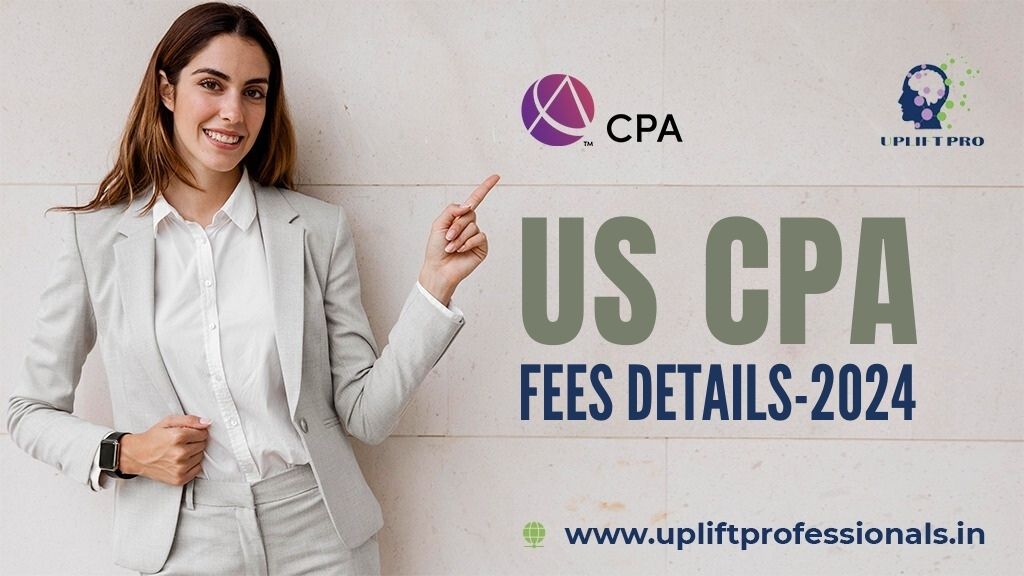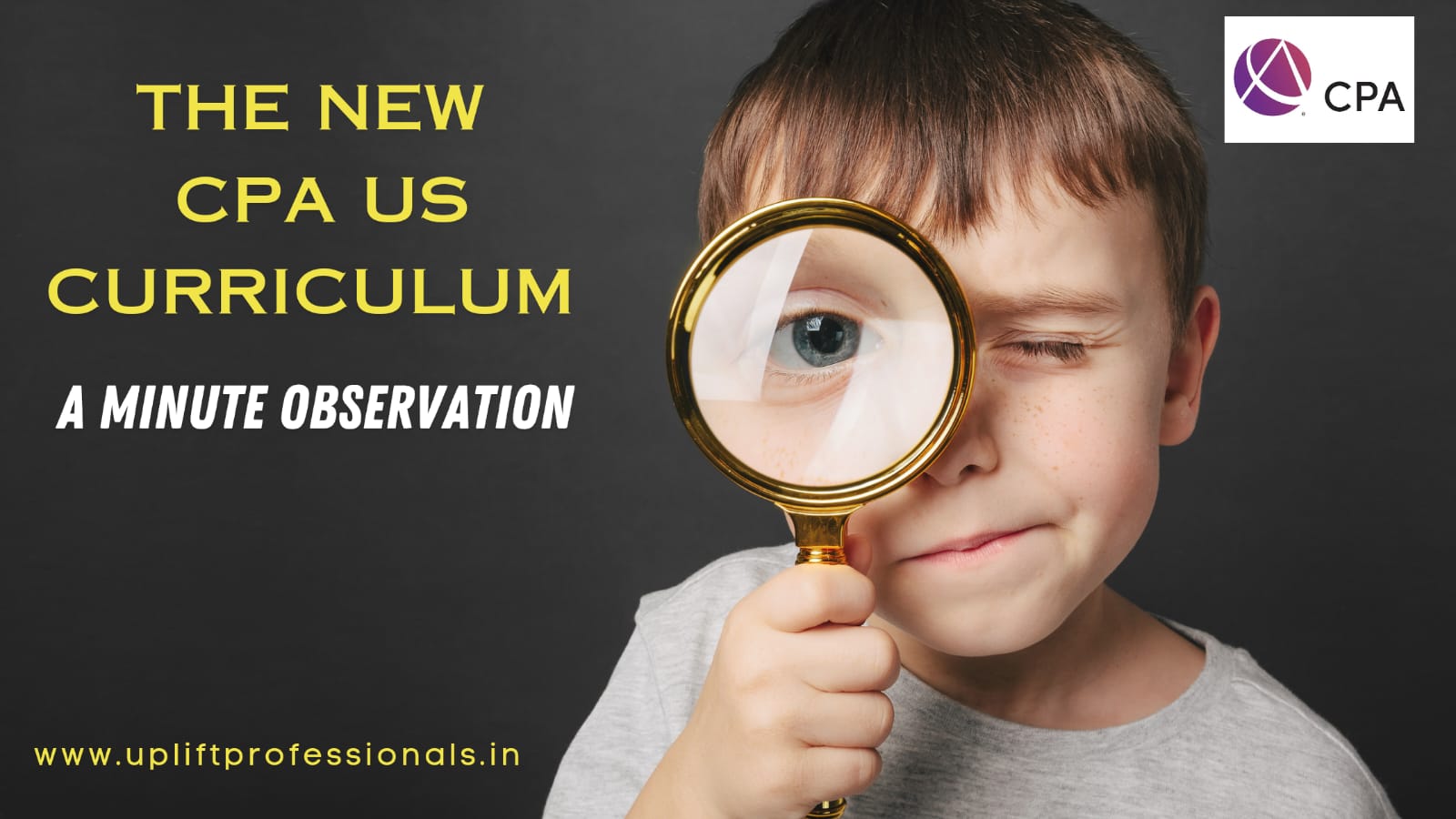How the CPA US Qualification Boosts Your Career in India?
The Certified Public Accountant (CPA) course is a globally recognized professional certification in accounting and finance, primarily in the United States. The CPA license is administered by the American Institute of Certified Public Accountants (AICPA). It covers areas such as accounting, auditing, taxation, and financial management. Key Components of the CPA: 1. Eligibility: Generally requires […]




